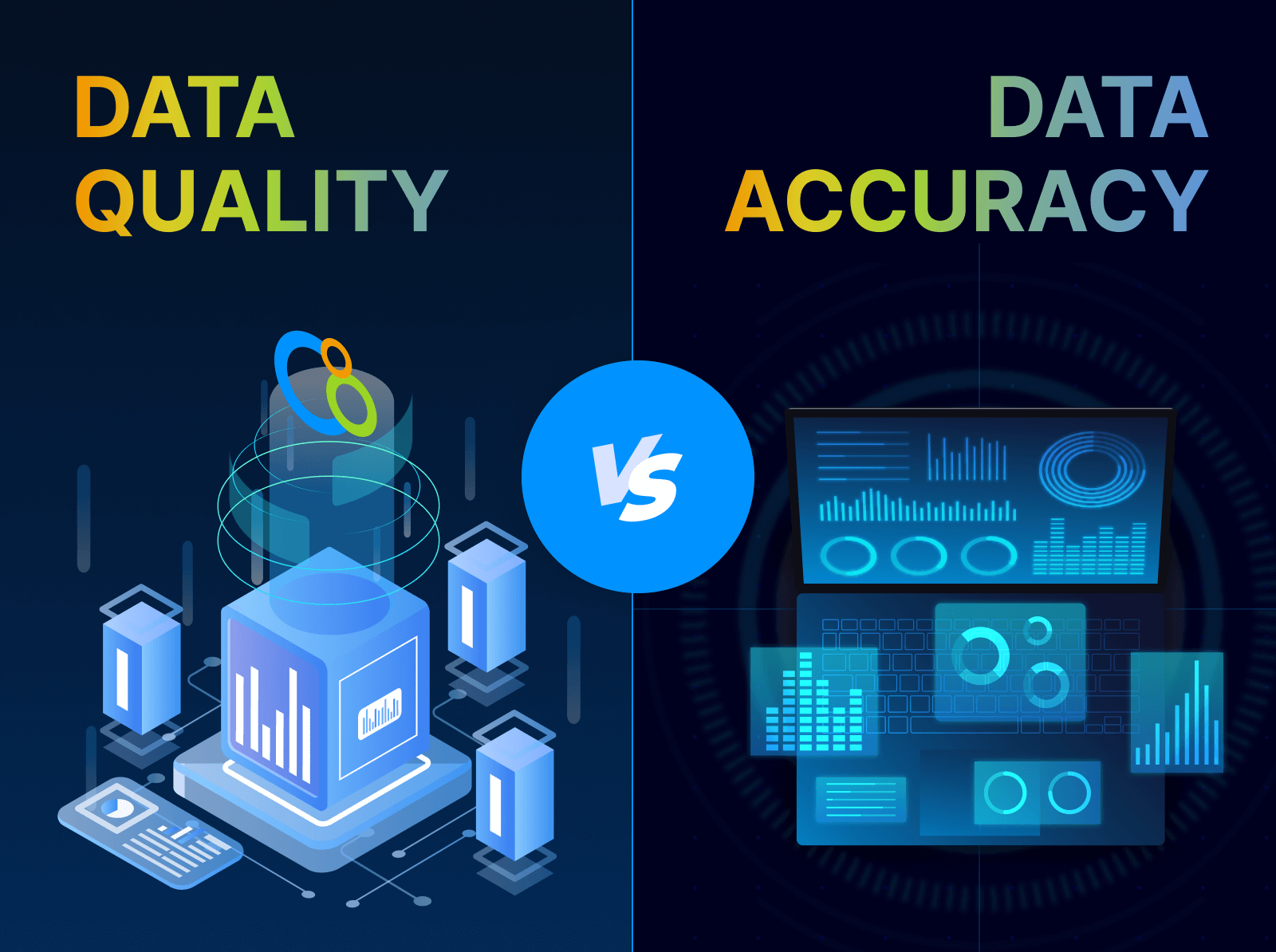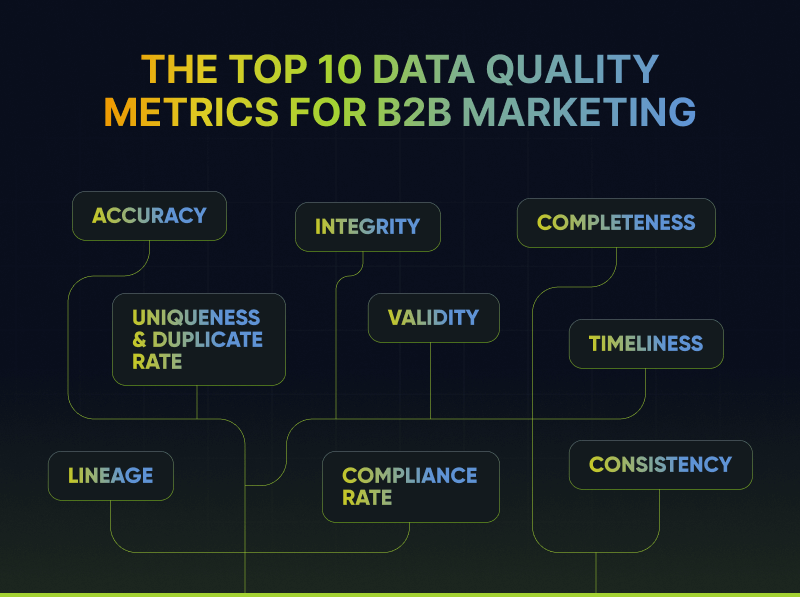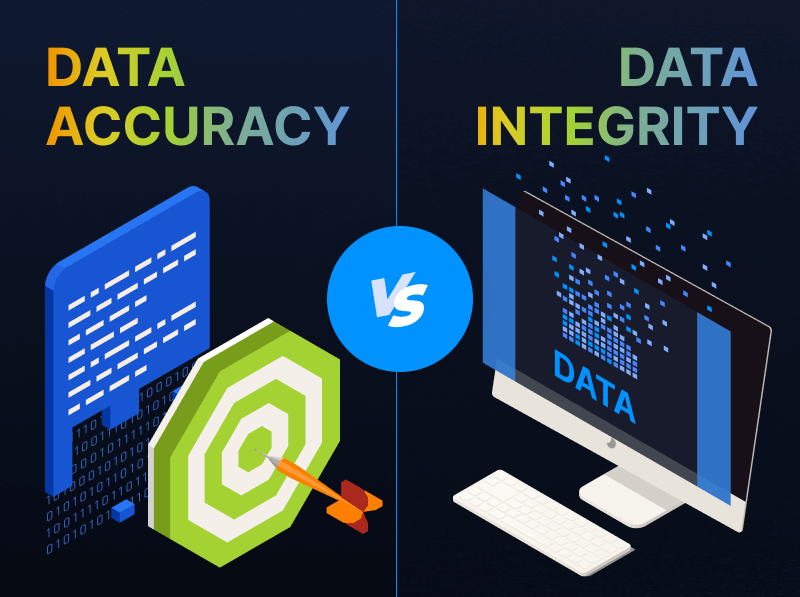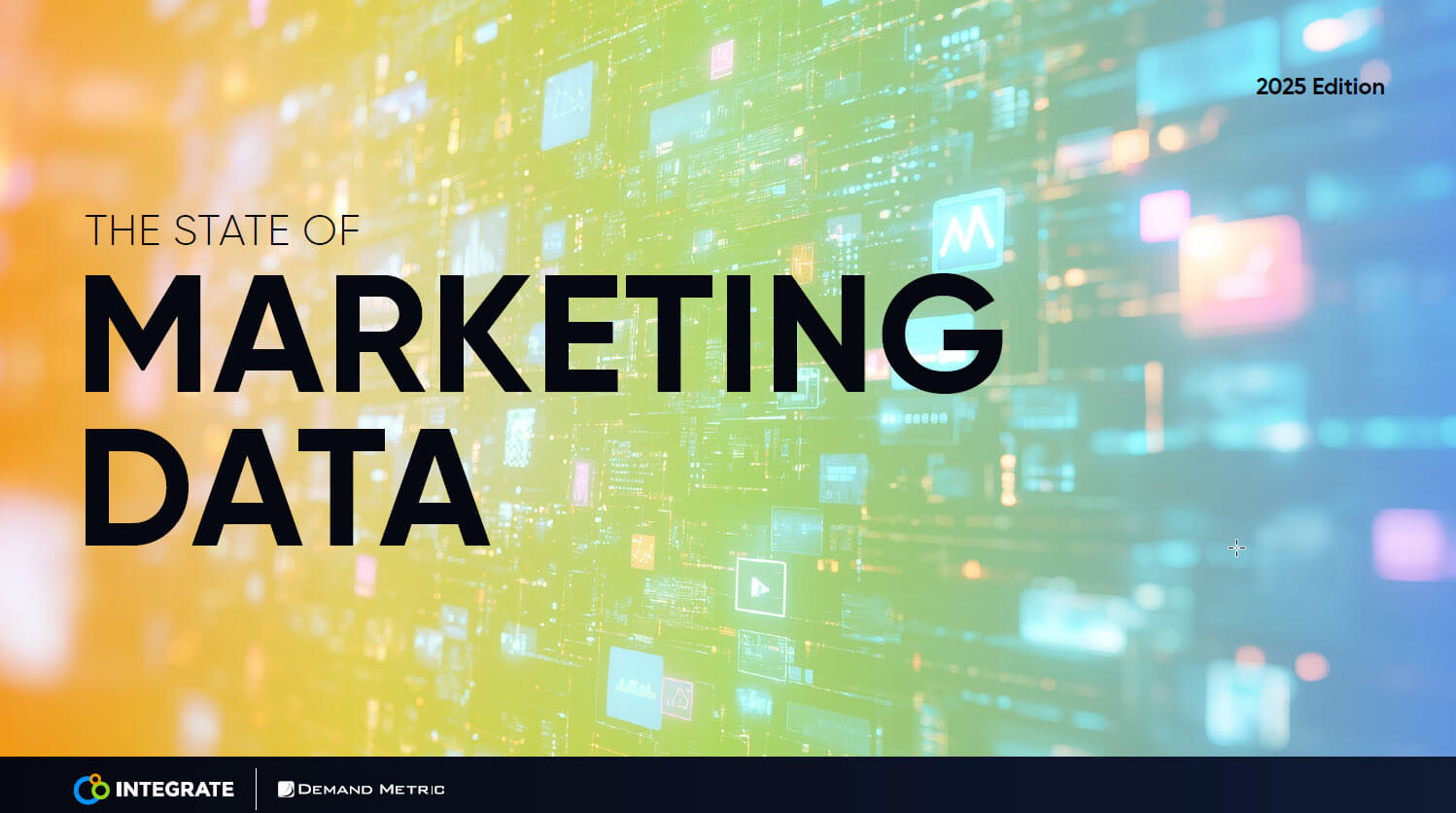What is Conditional Consent & Why Marketers Should Care
In this digital age, data is a valuable commodity. As consumers, we often find ourselves exchanging personal information for a myriad of reasons, e.g. products, services, and marketing content. But when does this exchange cross the line? Enter the realm of “conditional consent.”
What is Conditional Consent?
Conditional consent refers to a situation where the processing of personal data is made contingent upon specific conditions. Companies will provide access to assets like webinars, whitepapers, etc., but only on the condition that the consumer agrees to receive future marketing messages from them. In simpler terms, it’s a “take it or leave it” approach where a consumer must agree to certain data uses to access the content.
When is Conditional Consent a GDPR Violation?
Article 7(4) of the General Data Protection Regulation (GDPR) mandates that consent should be “freely given”. This means consumers must have a genuine choice and should not be pressured or forced into consenting to data uses as a condition precedent to receiving the content a company is offering. If the consumer is required to agree to data uses beyond the scope of the content they are trying to access, consent is not freely given, thus a GDPR violation.
Real-World Examples & Consequences
Marketers and publishers have been caught using conditional consent to improperly obtain a consumer’s permission to uses of their data. Consumers have been forced to “opt-in” to receiving further digital marketing communications from marketers and their end-clients, before receiving the content they were trying to access. As the consumer’s consent to receive further advertising communication is conditional and not freely given, this is a violation of the GDPR.
A Call to Action
Marketers must diligently oversee their partnerships to verify compliant leads and to ensure that their partners are upholding the same ethical standards as they are. It’s crucial for marketers to conduct thorough audits of any data collection and processing methods, to ensure conditional consent methods are not being used. Marketers should require any business providing them with leads to establish regular compliance checks that align with the GDPR as well as other data privacy regulations.
At a minimum, marketers and publishers should be transparent with consumers regarding how they collect and use their data by providing clear choices which allow consumers to freely provide their consent. By providing consumers with choices, the marketers and publishers are helping to build trust with each other and with their consumers. This trust may contribute to consumer loyalty and retention.
Marketers must, and should ensure their publishers are:
- Providing clear choices for consumers to give consent freely.
- Transparent with consumers about data collection and usage practices.
- Overseeing their partnerships to confirm acceptable compliance and ethical standards are adhered to.
- Conducting thorough audits on data collection and processing methods to ensure compliance and alignment with the GDPR and other data privacy laws and regulations.









